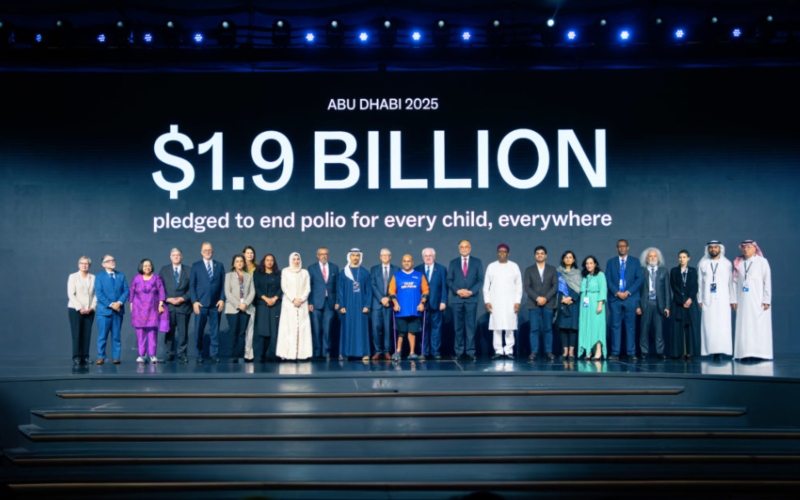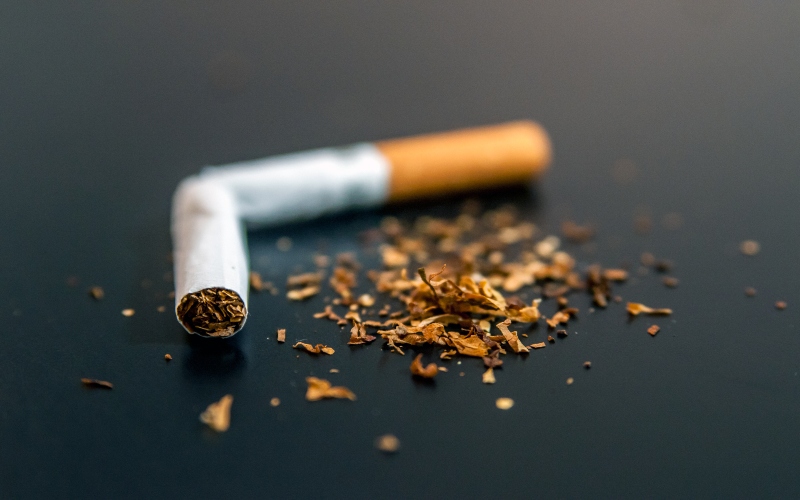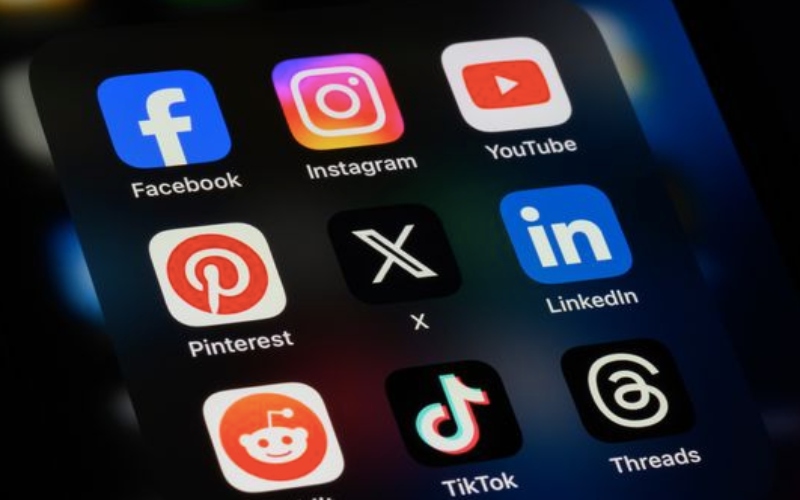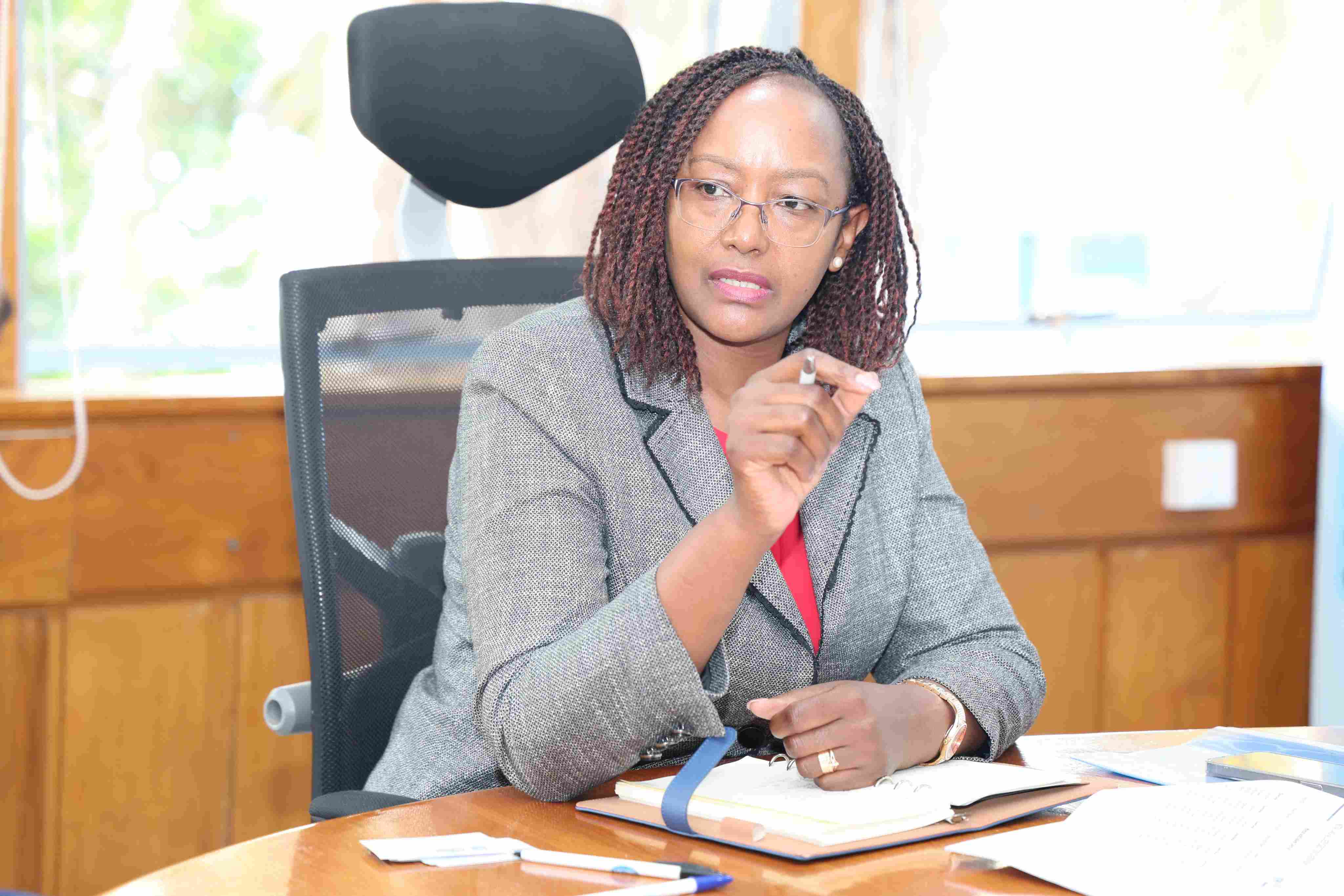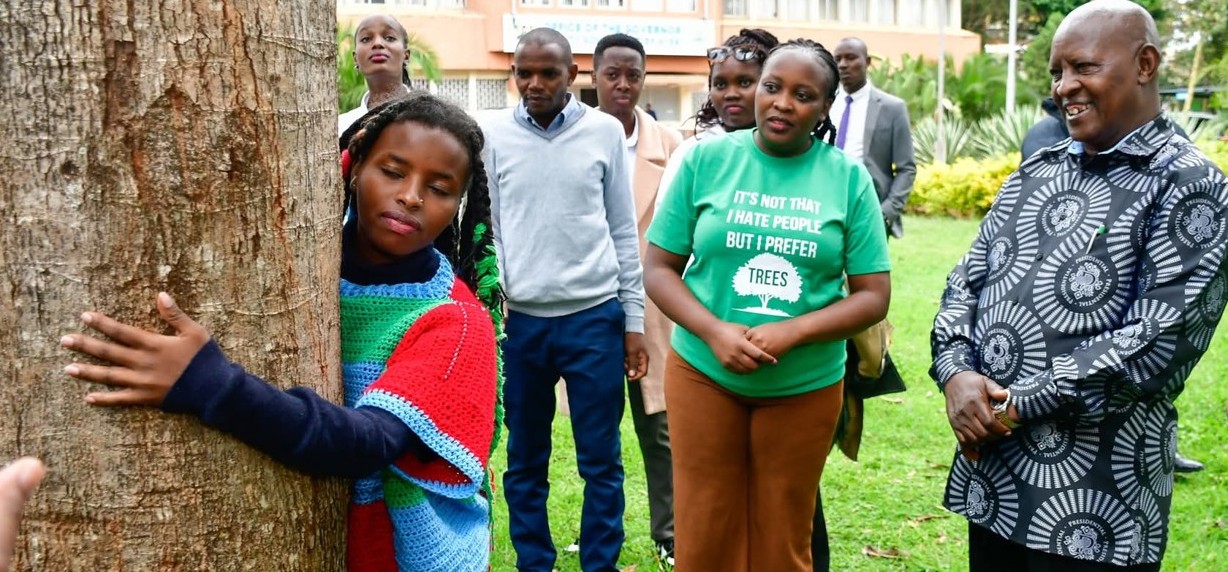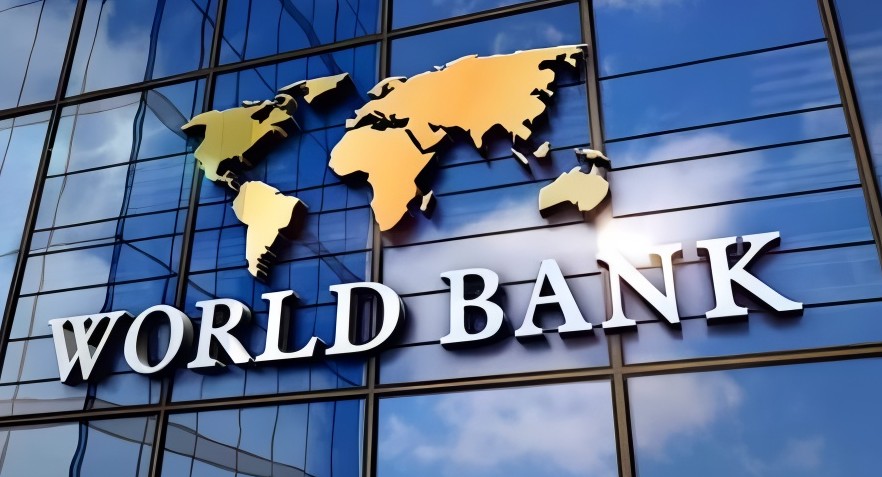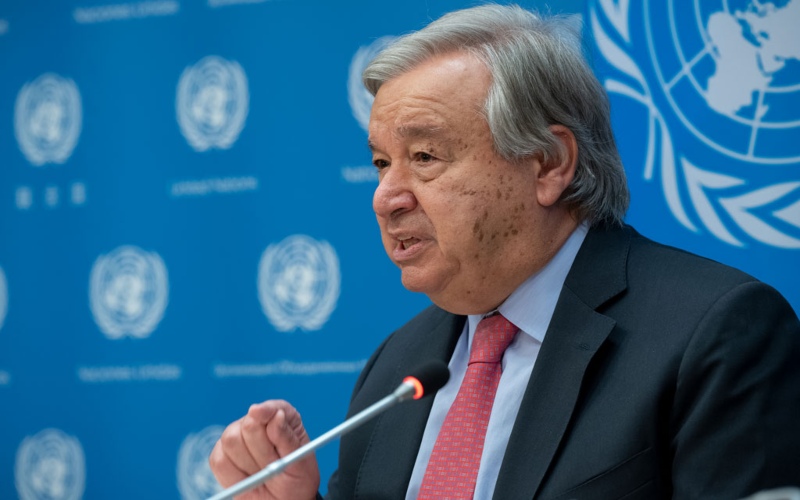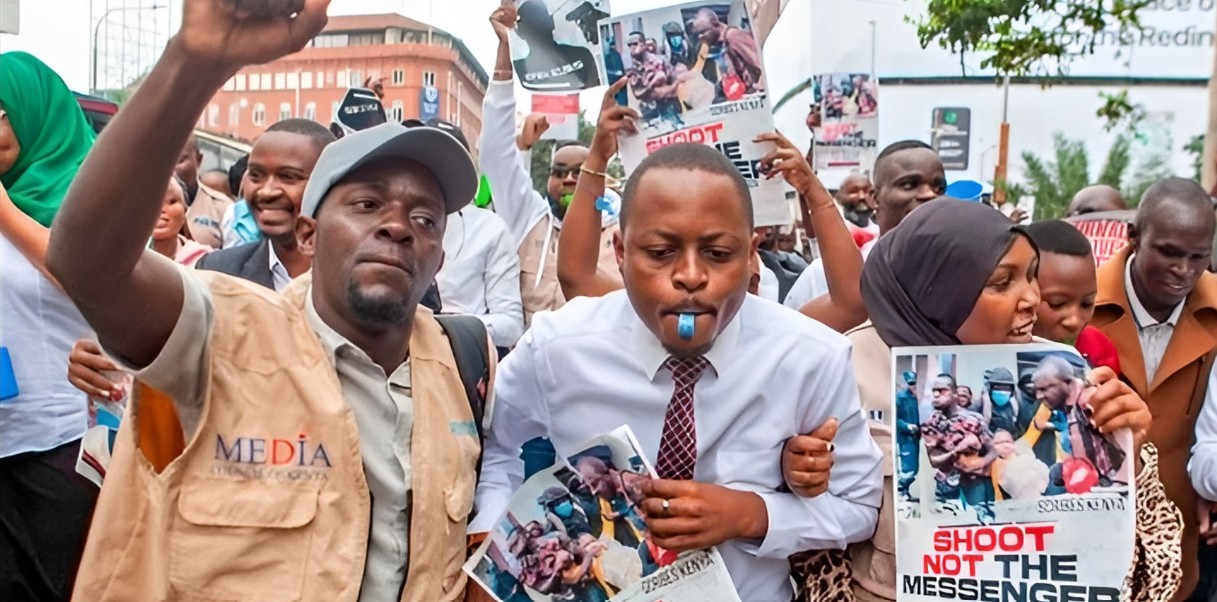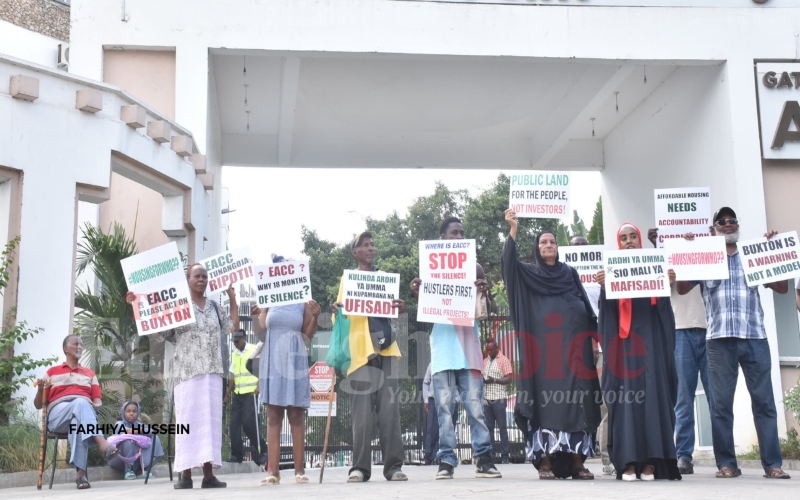Morocco charges 2,480 in Gen-Z protests over poor governance, health and education

Moroccan authorities say over 1,400 are in detention as rights groups warn of unfair trials and youth anger over poor public services grows.
Moroccan authorities are prosecuting 2,480 people in connection with recent Gen-Z-led anti-government protests calling for improved governance, as well as reforms in the education and healthcare sectors, the country’s public prosecutor’s office has announced.
Speaking at a press briefing on Tuesday, Hassan Farhan, a senior judge at the public prosecutor’s office, said that 20 per cent of the individuals have been charged with “rebellion as part of a group,” while over a third face accusations of assaulting law enforcement, inciting crimes, or participating in armed gatherings.
More To Read
- Gen Z protests in Kenya: Key facts (2024-2025)
- UN human rights experts visit Kenya privately amid concerns over crackdowns, civic freedoms
- Kigame seeks court nod for private prosecutions over 2024–2025 protest abuses
- Ruto defends ‘shoot-to-leg’ order amid outcry, cites public safety
- Police to deploy senior investigators as Rex Masai inquest uncovers new witnesses
- Kenyan quartet selected to officiate at 2025 Africa Cup of Nations in Morocco
He added that more than 1,400 of the accused are already in detention, and Moroccan courts have issued rulings in 411 cases, including 76 involving minors.
According to Hassan, more than 60 defendants have received prison sentences of up to 15 years for offences such as vandalism, looting, and arson, while others were handed suspended sentences.
Human rights groups, including the Moroccan Association for Human Rights (AMDH), have called on authorities to ensure fair trials, warning that some police reports may have been obtained under duress. Hassan, however, insisted that all legal procedures comply with Moroccan law and that defendants enjoy full judicial protection.
The protests erupted late last month after the online collective GenZ 212 mobilised youth nationwide to demand better public services and denounce what organisers described as misplaced political priorities.
In recent years, Morocco has channelled significant public funds into building and upgrading football stadiums for major events, including the 2026 Africa Cup of Nations and the 2030 FIFA World Cup, while many local schools and hospitals continue to face acute resource shortages.
Authorities initially banned public gatherings, leading to hundreds of arrests during the early days of the demonstrations.
The protests, which took place almost daily for two weeks, have since slowed, particularly after King Mohammed VI addressed the nation with calls for social reforms and unveiled a draft $15 billion (Sh1.9 trillion) budget aimed at improving healthcare and education.
Before the King’s address, organisers had written to him, urging action against corruption and government mismanagement.
“We, the youth of Morocco, are requesting your majesty to intervene for a profound and just reform that restores rights and punishes the corrupt,” the group wrote in the letter.
Experts say that persistent social and economic inequalities, coupled with sharp regional disparities and unequal access to public and private services, continue to fuel frustration among Morocco’s youth and civil society.
Top Stories Today
